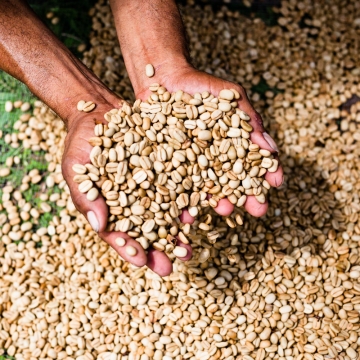Private Trees as Household Assets and Determinants of Tree-Growing Behavior in Rural Ethiopia
This study looked into tree-growing behavior of rural households in Ethiopia. With data collected at household and parcel levels from the four major regions of Ethiopia, we analyzed the decision to grow trees and the number of trees grown, using such econometric strategies as a zero-inflated negative binomial model, Heckman’s two-step procedure, and panel data techniques.

